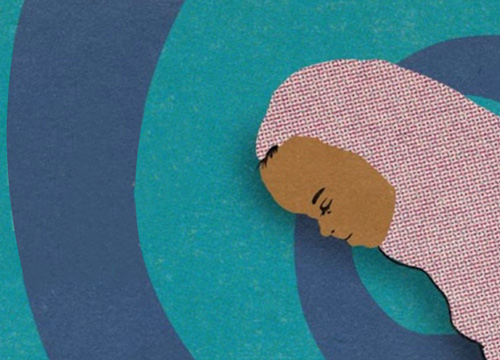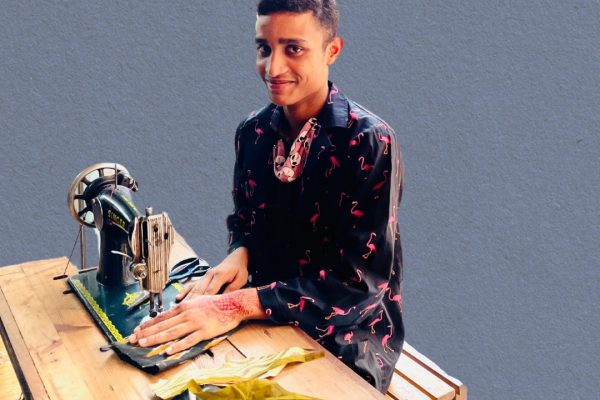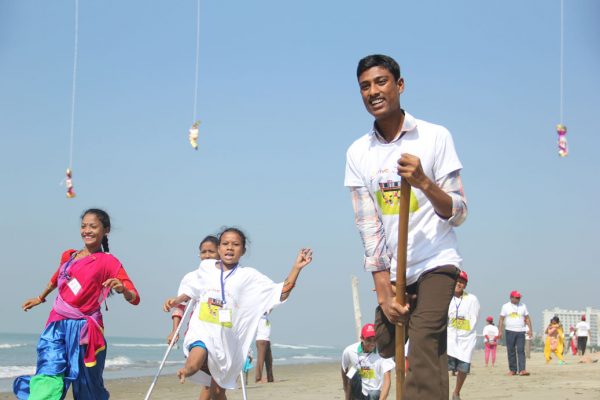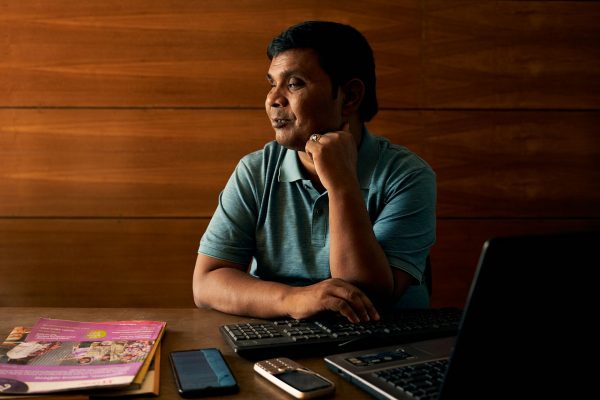
Rabbi Mia
30 November 2022
Rony Miah
30 November 2022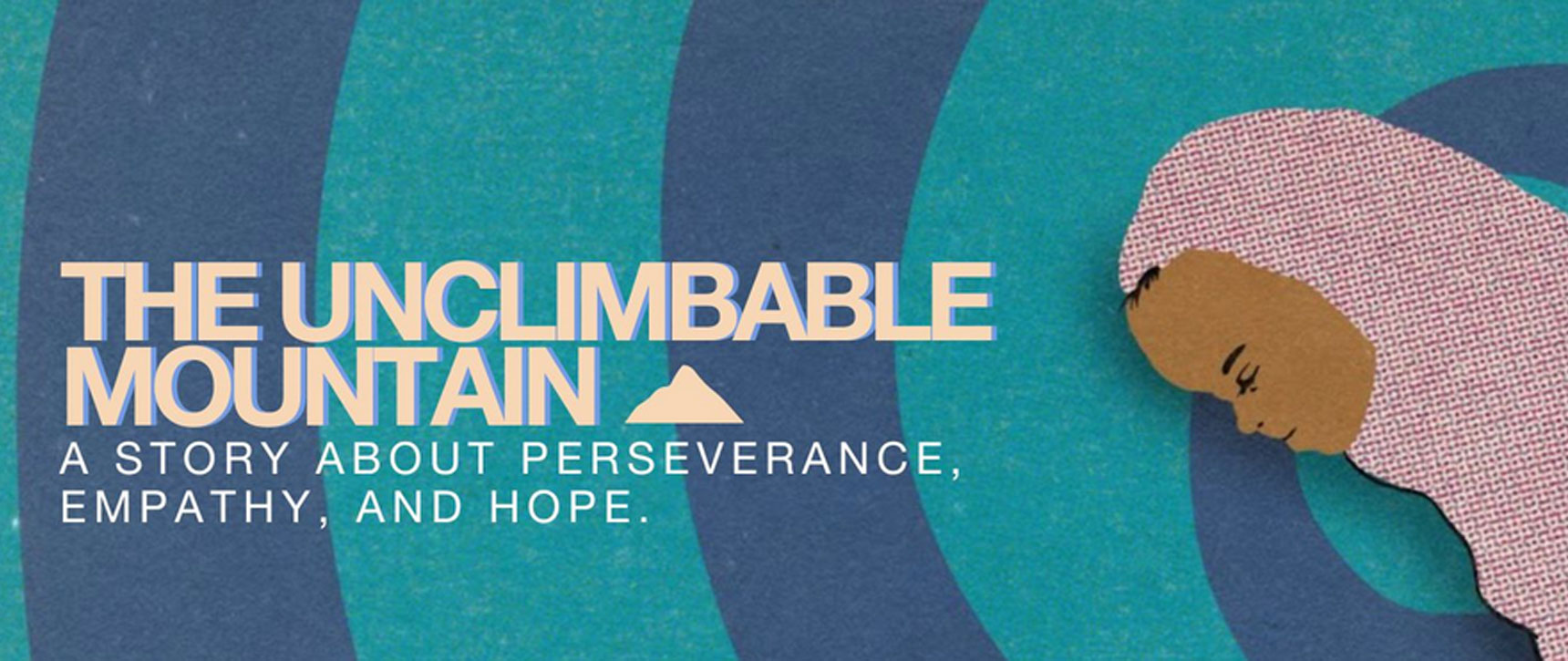
It’s time for us to go back 60 years.
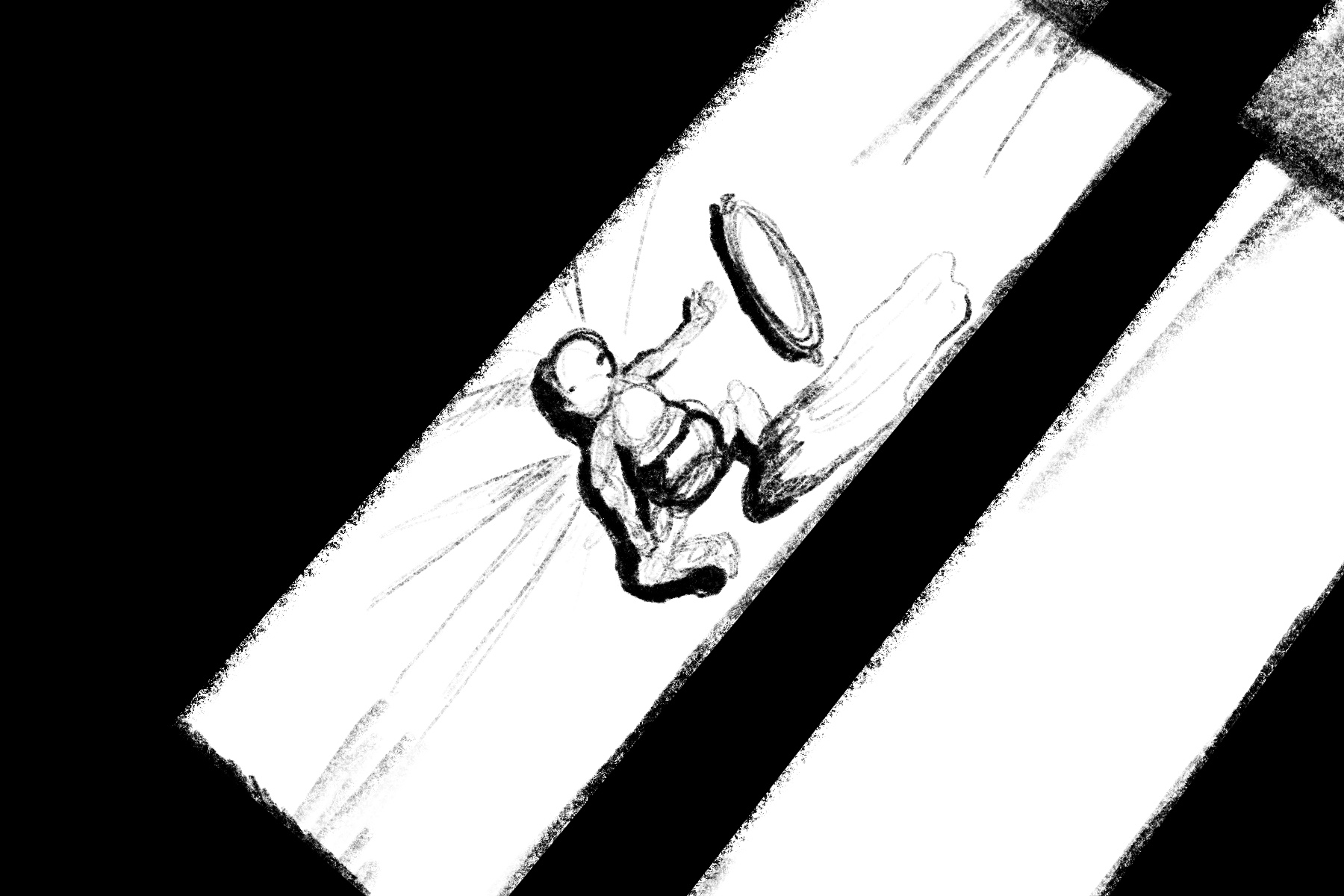
It was a warm summer afternoon in Dhamkol, Bangladesh.
A girl opened her eyes for the first time. Her parents named her Fatema.
Overnight, the house was filled with little chuckles and wide eyes.
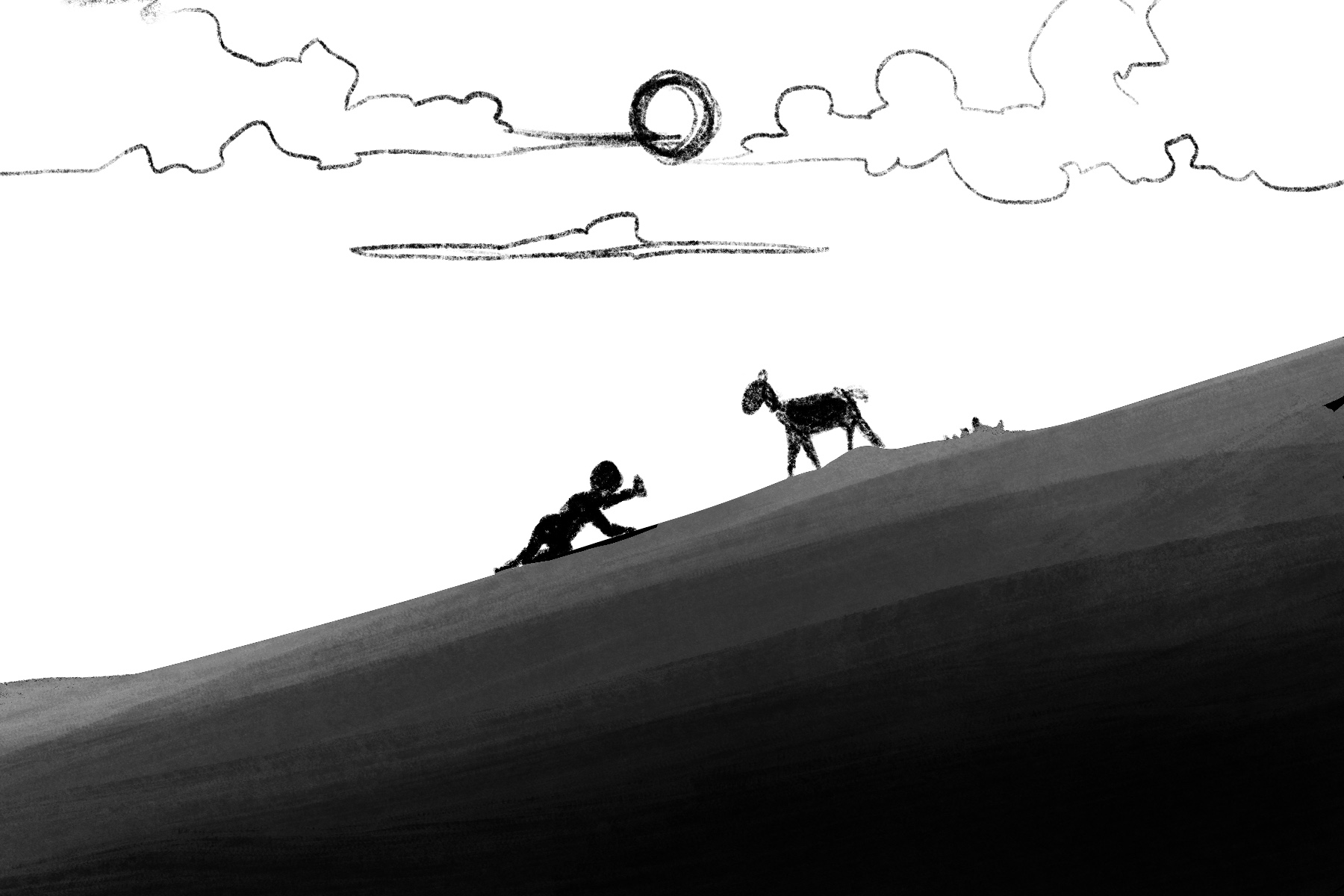
Fatema learnt to play, learnt to eat, learnt to run against the wind.
She was a happy child.
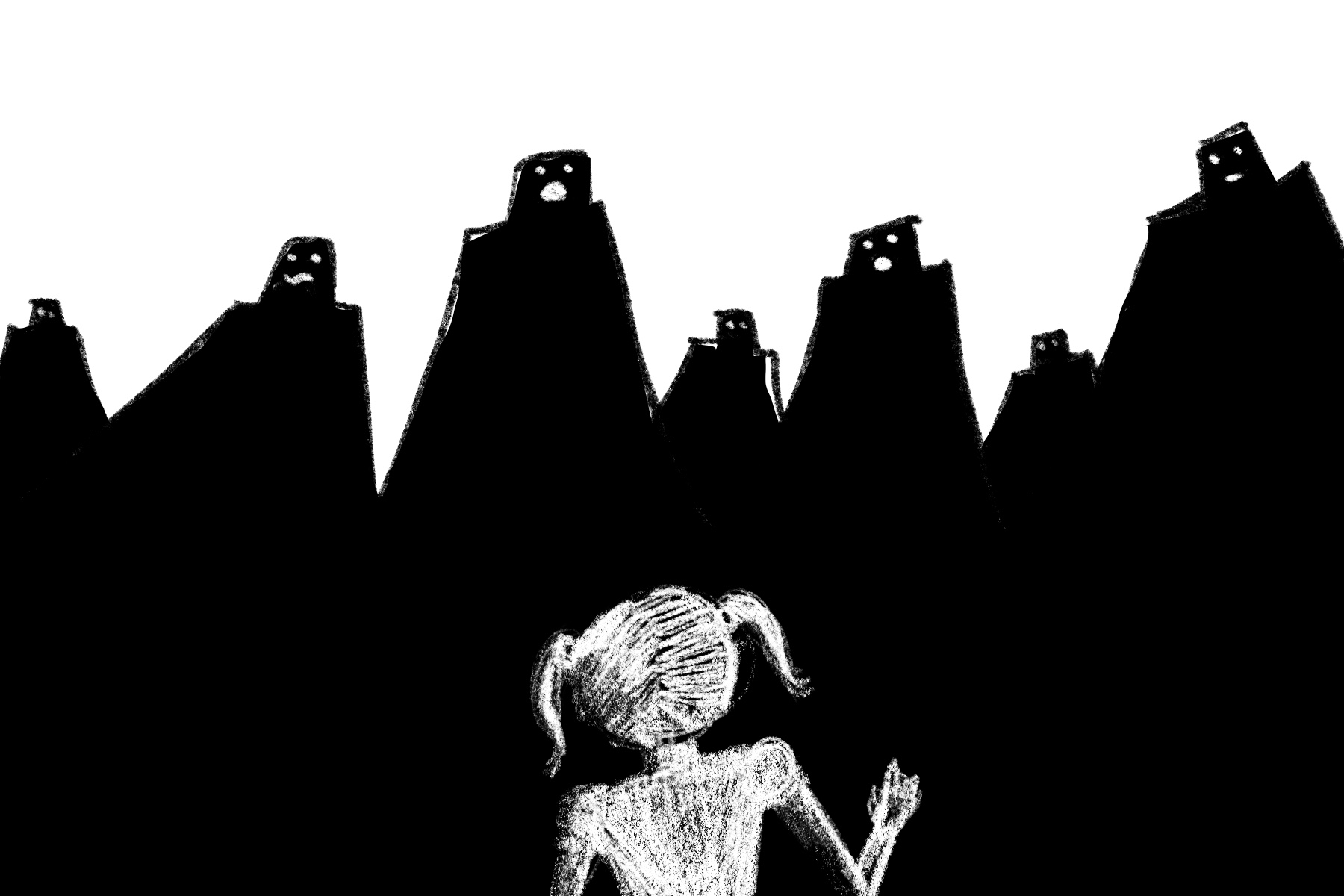
She didn’t notice people calling her, she wanted to know why they opened their mouths when she came close.
She noticed goats did it, too.
She did not know the people were speaking and the goats were bleating.
Her mother tapped her on the shoulder and turned her around.
There was a sea of mouths opening and closing.
She stared in awe at their movement.
Why did everyone look concerned?
Why was everyone opening their mouths?
She did not know how to find an answer.

Silence, suddenly, seemed like baby Fatema’s only constant.
She stood atop a lonely mountain.
Her parents realised she was unable to hear or speak.
But they kept trying to get a response- and kept getting frustrated.
“Fatema, say maa”
…
“Do you understand what I mean? Maa”?
…
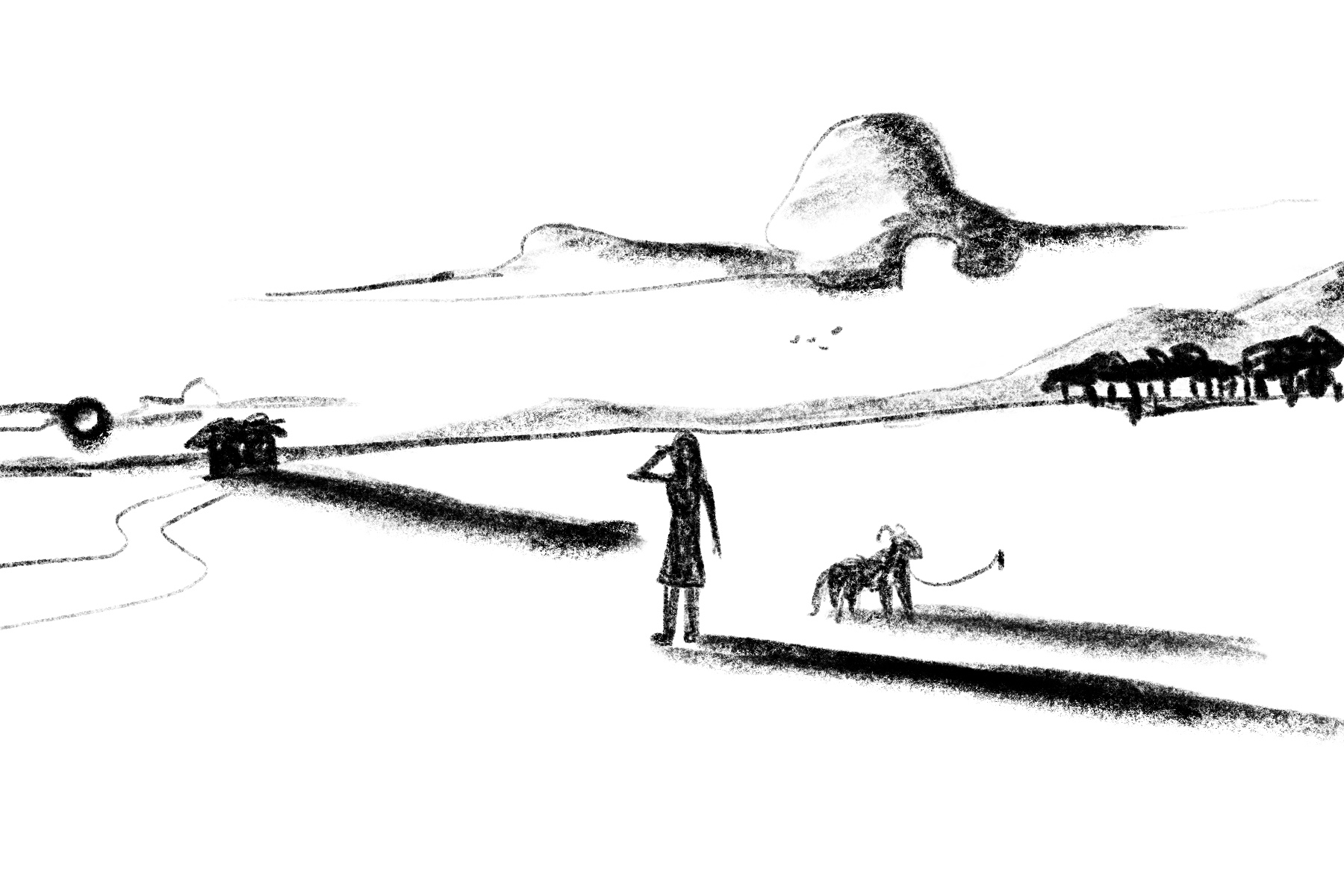
As days passed, the distance between Fatema and her family stretched, like a shadow as it approached the setting sun.
She stood watching her siblings play with the neighbours, with wide smiles on their faces, having lots of fun.
They knew Fatema could not hear or speak, but they were young and wanted to have fun.
It was hard for them when Fatema couldn’t understand the rules of the games they played.
A crowd of schoolgirls passed her by. She looked at them in envy – she would have loved to write and draw on colourful single lined notebooks.
She never learned to read or write.
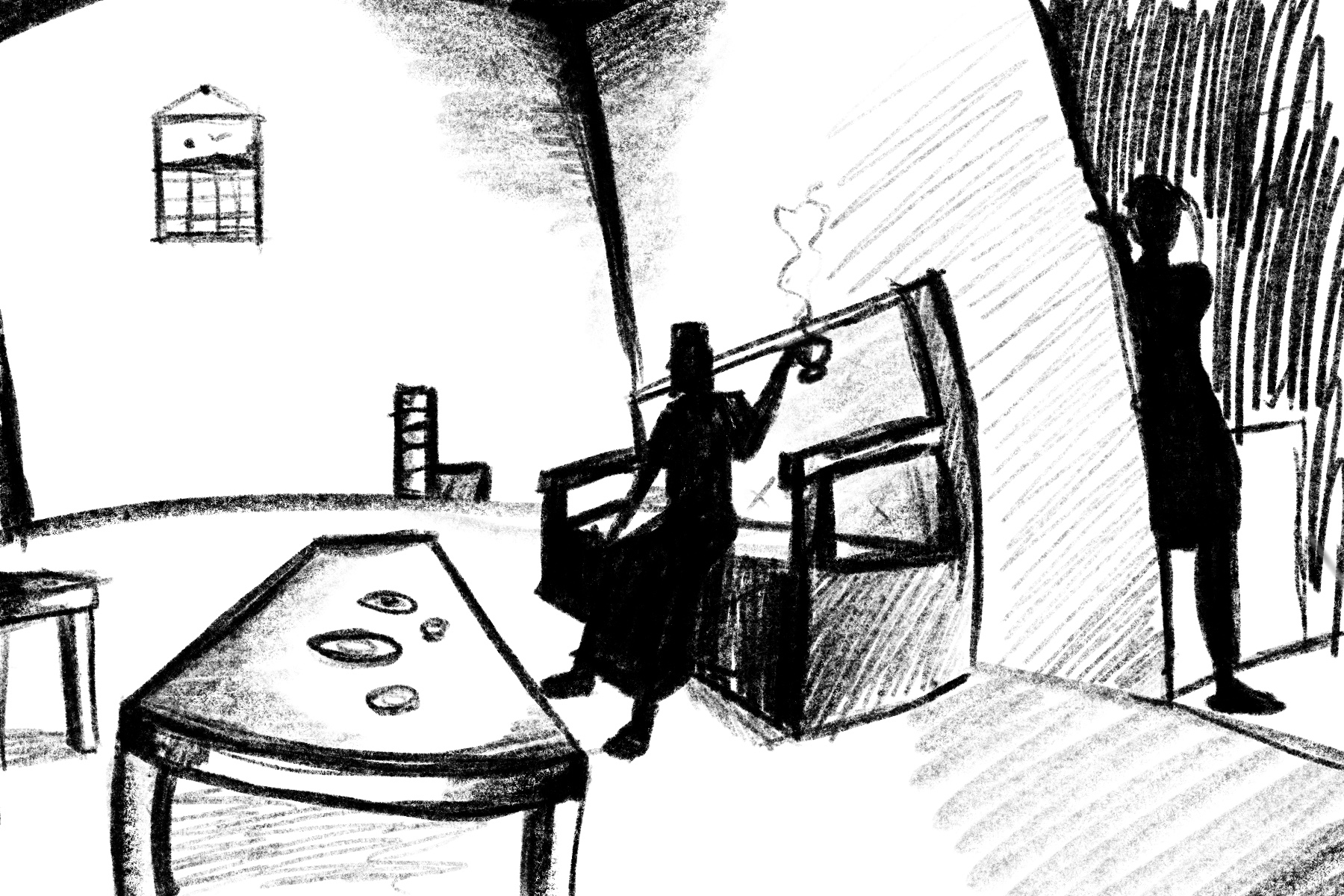
Fatema was 15 when her house was visited by a family friend. One could almost hear the shanai (wedding bells) as they talked about Fatema becoming an adult. Fatema stared outside mostly, unaware of the conversations and how they would change her life.
“This is going to be your husband. Do you like him?”
…
“Do you understand what I’m trying to say? You two will live together happily in a house.”
…
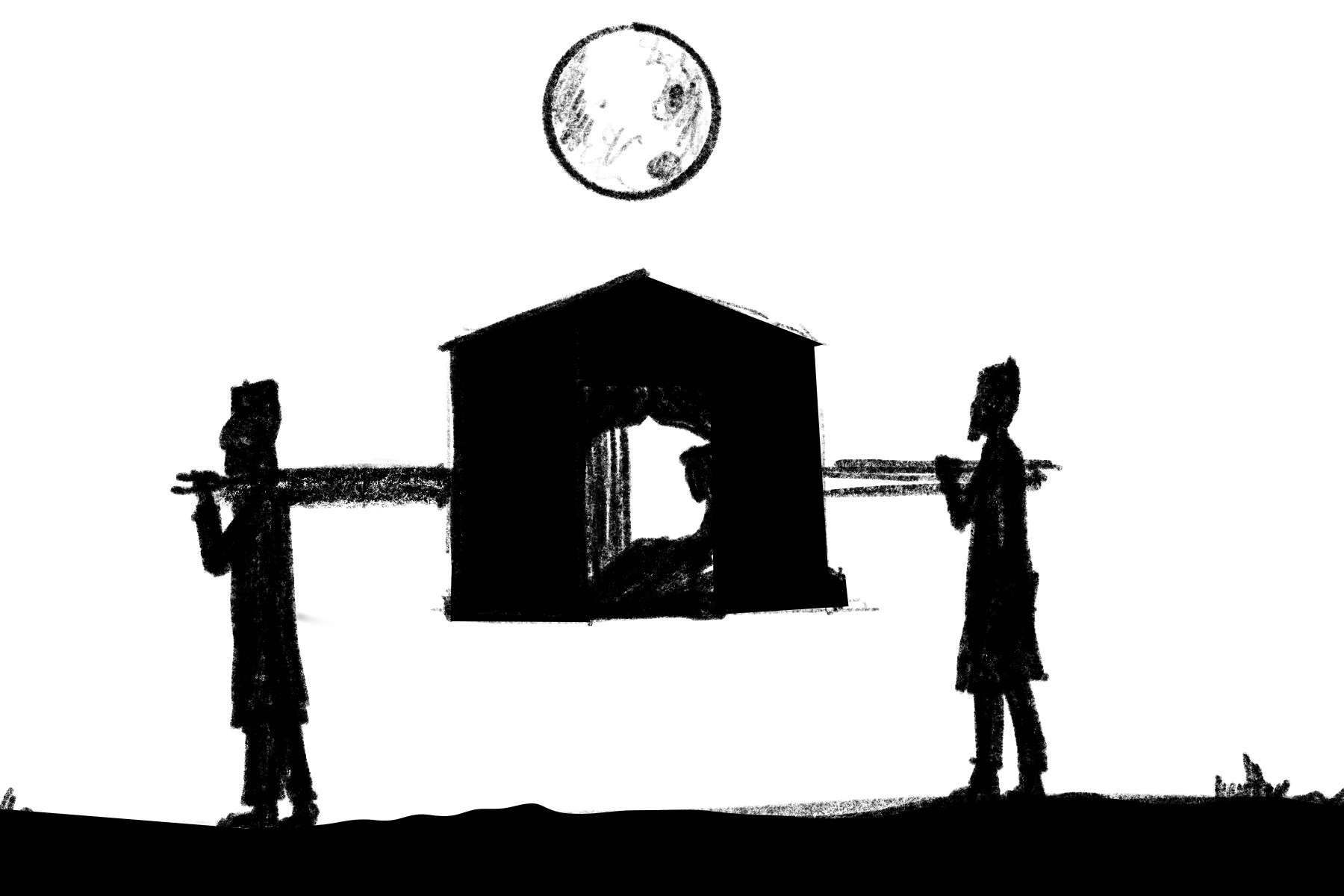
She was married a few days later.

Married life was not easy for Fatema. Her in-laws knew she could not speak or hear before the marriage, but chores had to be done. Over time, they got unhappier with not being able to tell her what to do.
Eventually, Fatema and her husband moved out.
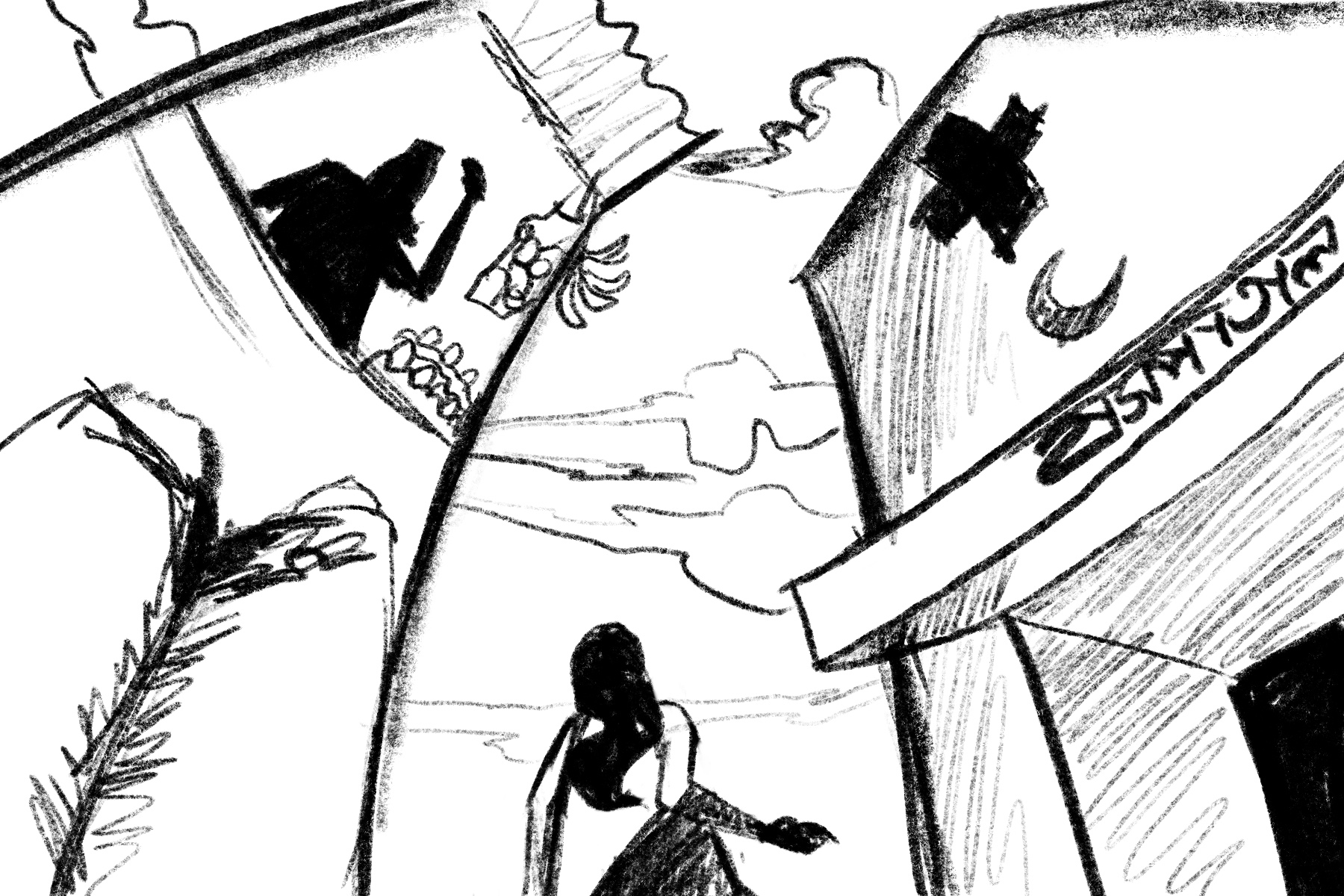
Fatema and her husband were forced to make painful decisions most days – decisions like whether to have a second meal in the day or buy medicine.
The lively girl started losing her glee as the years passed. Adulthood had piled on responsibilities and poverty made it impossible to meet them.
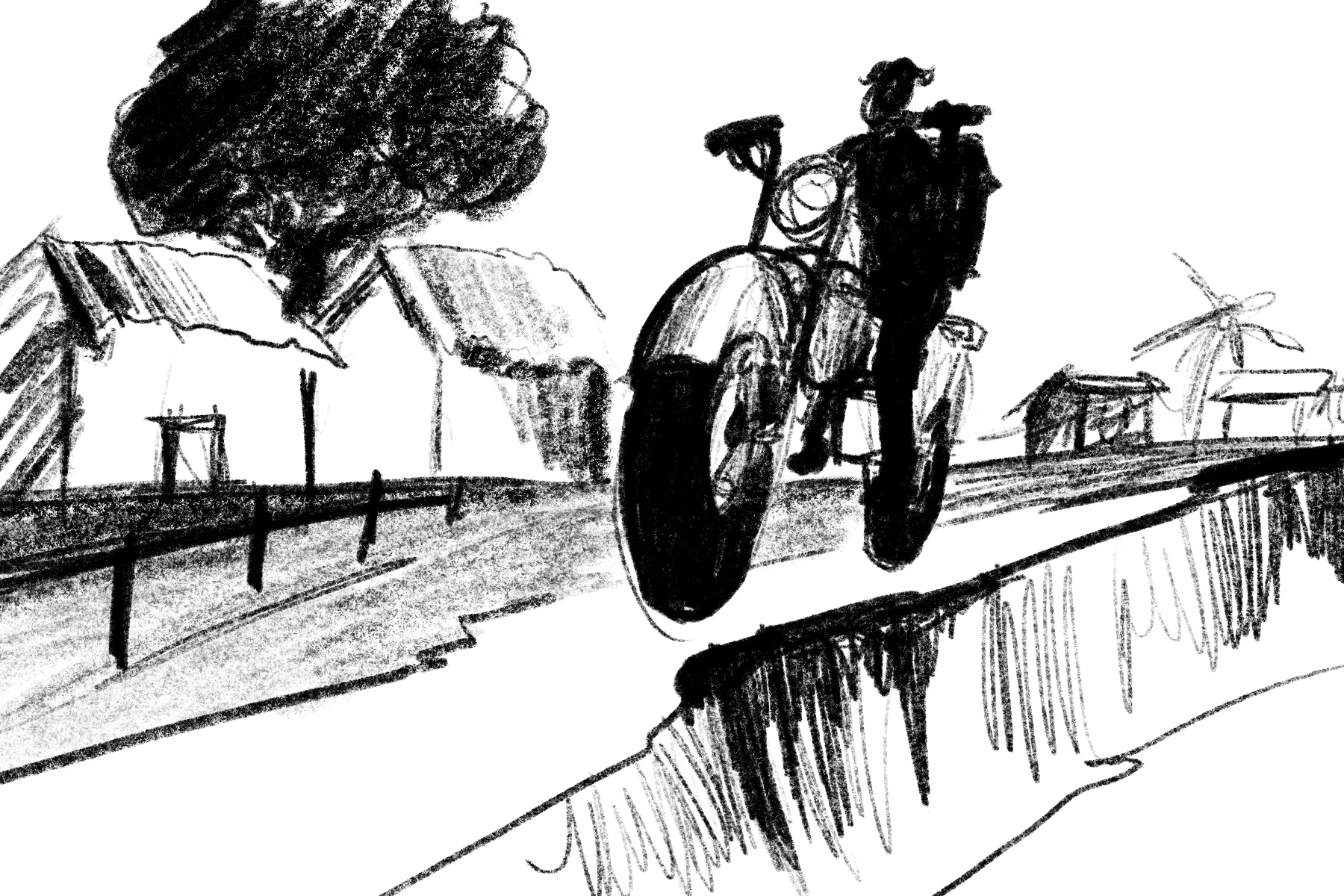
On the other side of the same village, a young man from Natore with shiny black hair parted in the middle rode his red motorcycle along a narrow, muddy path, his speed slowed by the weight of his enormous backpack. He wore a soft cotton shirt tucked into jeans, and a gray BRAC lanyard around his neck with the card tucked in his breast pocket.
He was Roton.

Roton’s job is to help people fight poverty.
In 2019, he met Fatema.
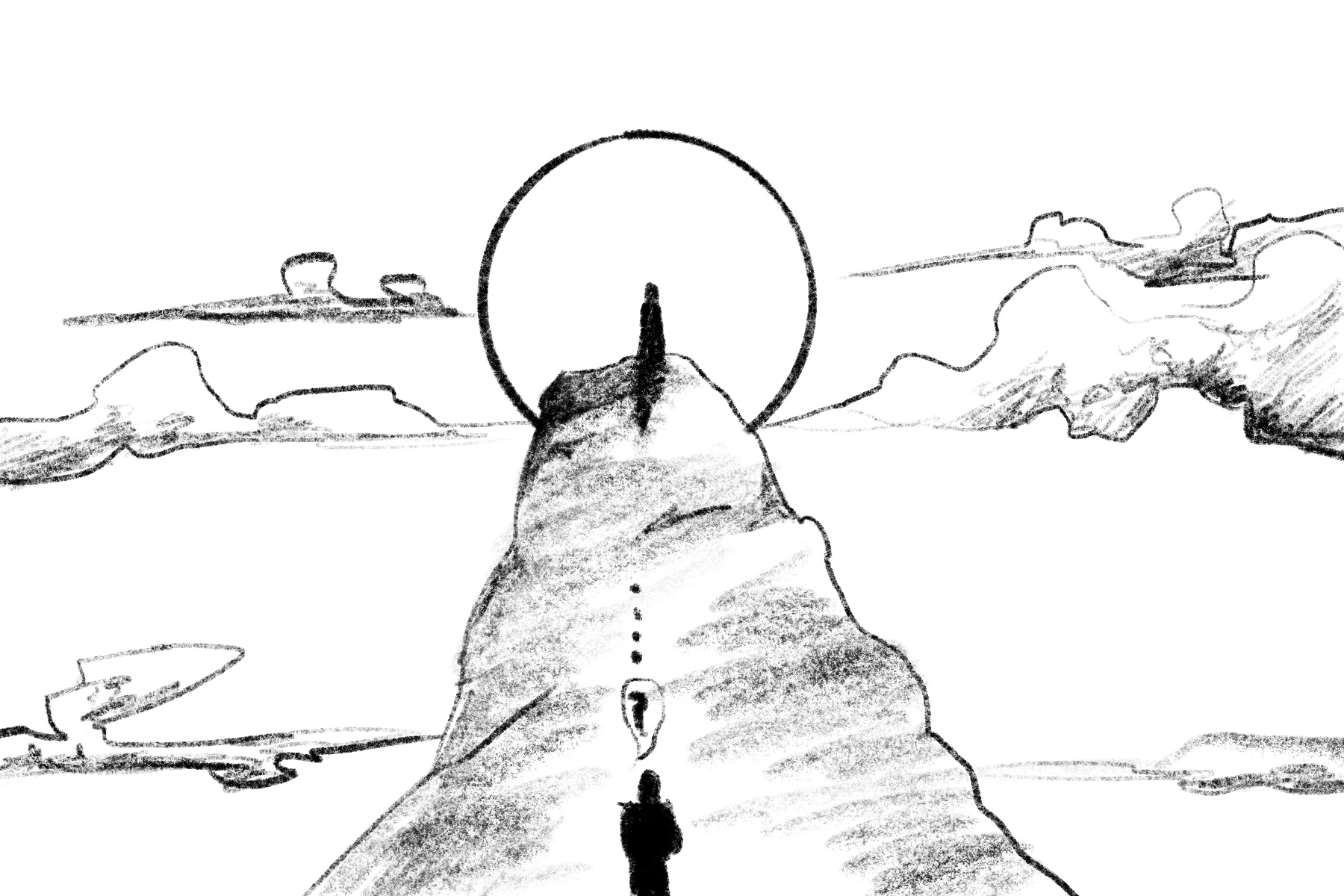
Roton marched up to Fatema with an open notepad.
“How’s everything going, apa?”
…
“Not doing too well?”
…
He was taken aback. Was she being rude?
*Silence*
“Do you understand what I’m saying?”
…

Fatema’s niece, Akhi, explained why Fatema wasn’t replying. Roton could see the path to Fatema turning into a mountain.
But Roton wasn’t about giving up.
He tried to communicate through Akhi, but important details kept falling out.

Roton spent hours every week trying to learn how to communicate with Fatema.
He pointed to a notepad where he had drawn a happy face and a sad face. No response. He pointed at Fatema and back to the notebook, mouthing,
“How are you today?”
…
He spent more hours talking to the people around her.

In 2021, Roton believed that he was beginning to understand what Fatema would need to pull herself out of poverty.
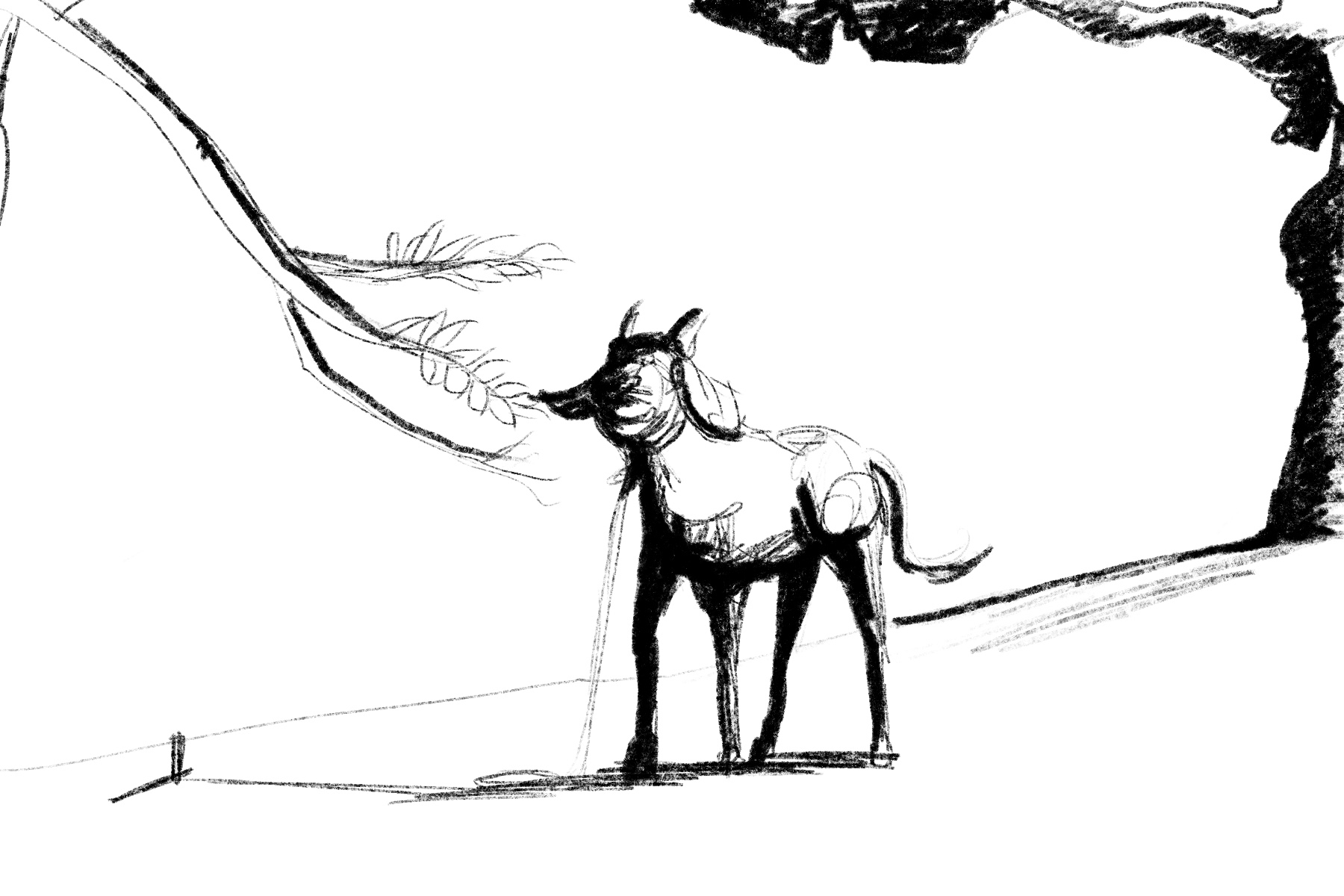
He went and found something he thought would resonate with Fatema. It was a goat. It looked like her companion from when she was baby Fatema.

She looked happy. She petted the goat but kept a distance – she didn’t know the goat was now hers.
Fatema’s niece noticed that Roton was getting ready to tell Fatema something, so she stepped forward.
“That’s okay” Roton nodded with a broad smile on his face, “let me try again today”.

Roton made sounds with his mouth, cradled an imaginary goat in his arms and signalled with his hands that she could raise the goat to make money.
Fatema still had a confused look on her face, but she squinted and leaned in forward to try and understand. She wasn’ used to strangers making this much effort.
“Do you understand what I’m saying?” Roton intuitively signed to her.
She stared a while – trying to ask a question with sounds that couldn’t form words.
Roton turned to put his bag down to take out his notepad – maybe if he drew something to help. He opened his pocket and felt around – no notepad. He kept looking but he kept going back to the same spaces. No luck. His forehead formed tiny droplets of sweat and his breath became hot. He was frustrated with himself. He was upset. He just wanted to find a way to talk to Fatema. The mountain, which he had thought was disappearing, appeared again.
Then he heard laughing.
He turned around to see the goat in her arms.
“You understood me?” Roton asked.
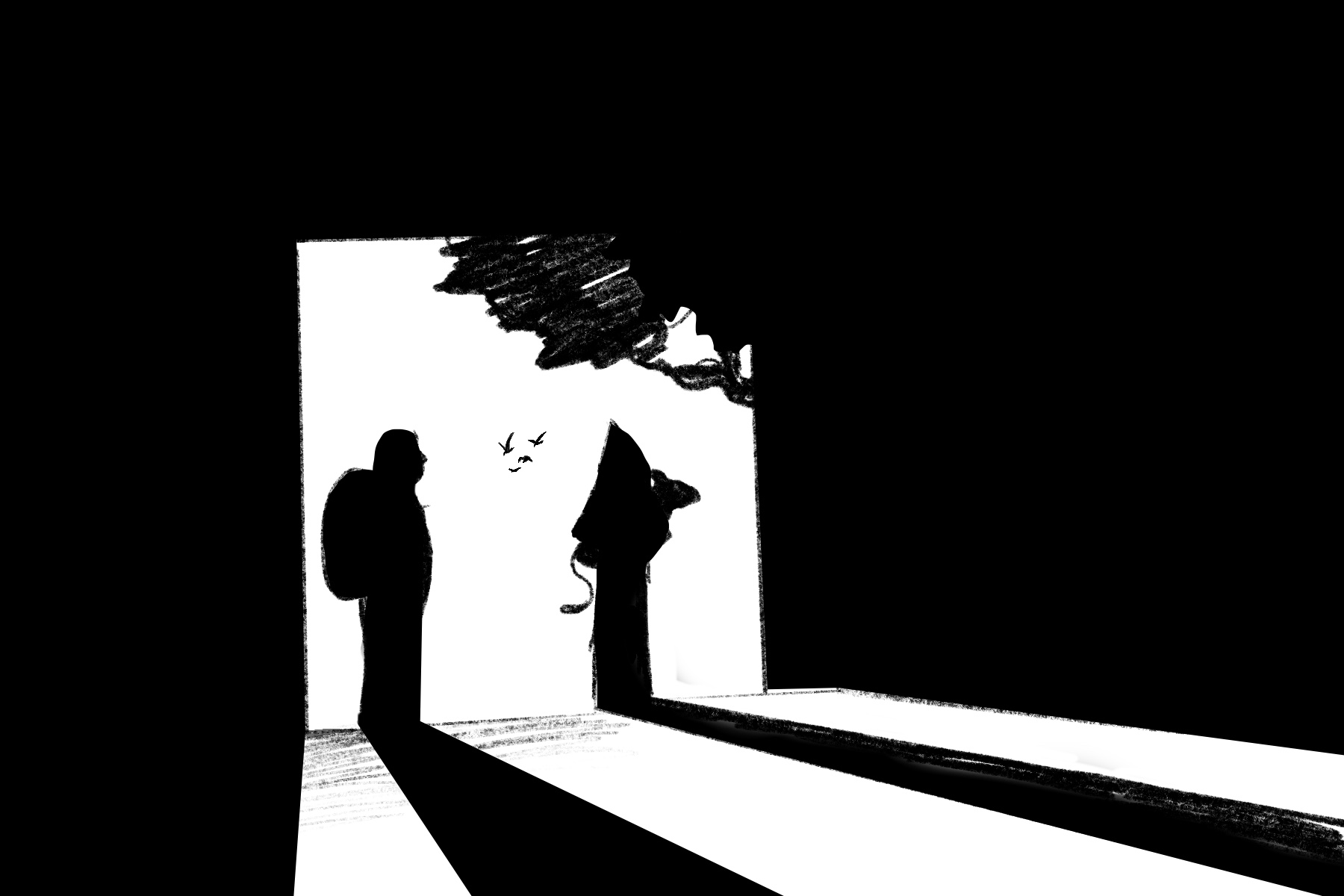
She smiled.
And that was how it began.
The first step up the mountain had been taken, and suddenly the top didn’t seem so far away.
The man with the part in his hair picked up his big backpack. He had a lot of other people to visit on his red motorbike that day. But he was happy. He would be back to see Fatema again tomorrow.

Since that day, with a bit of help from Roton, Fatema has learnt to climb her own mountain.
While most of her days used to look the same, now the early morning sunlight seems to spill brighter across her front yard.
Her days begin with a musical cacophony of goats and chickens, all belonging to Fatema, who is now an entrepreneur.
She cannot hear their happy calls, but the sight of their excited skips when they see her is what she wakes up for.
In addition to Roton, Fatema has found a second cheerleader – her husband, who rides up to the village market to help her sell her eggs.
At 61, Fatema is a mother of three children, 13 chickens, 7 goats, grandchildren, and grows rows of colourful vegetables on a small plot of land she has leased. She also has a new language – one she shares with Roton, who still visits her often.

